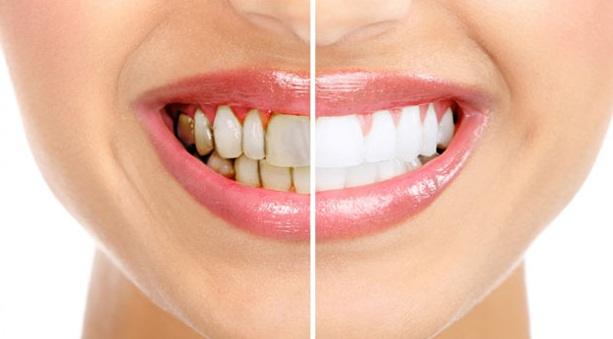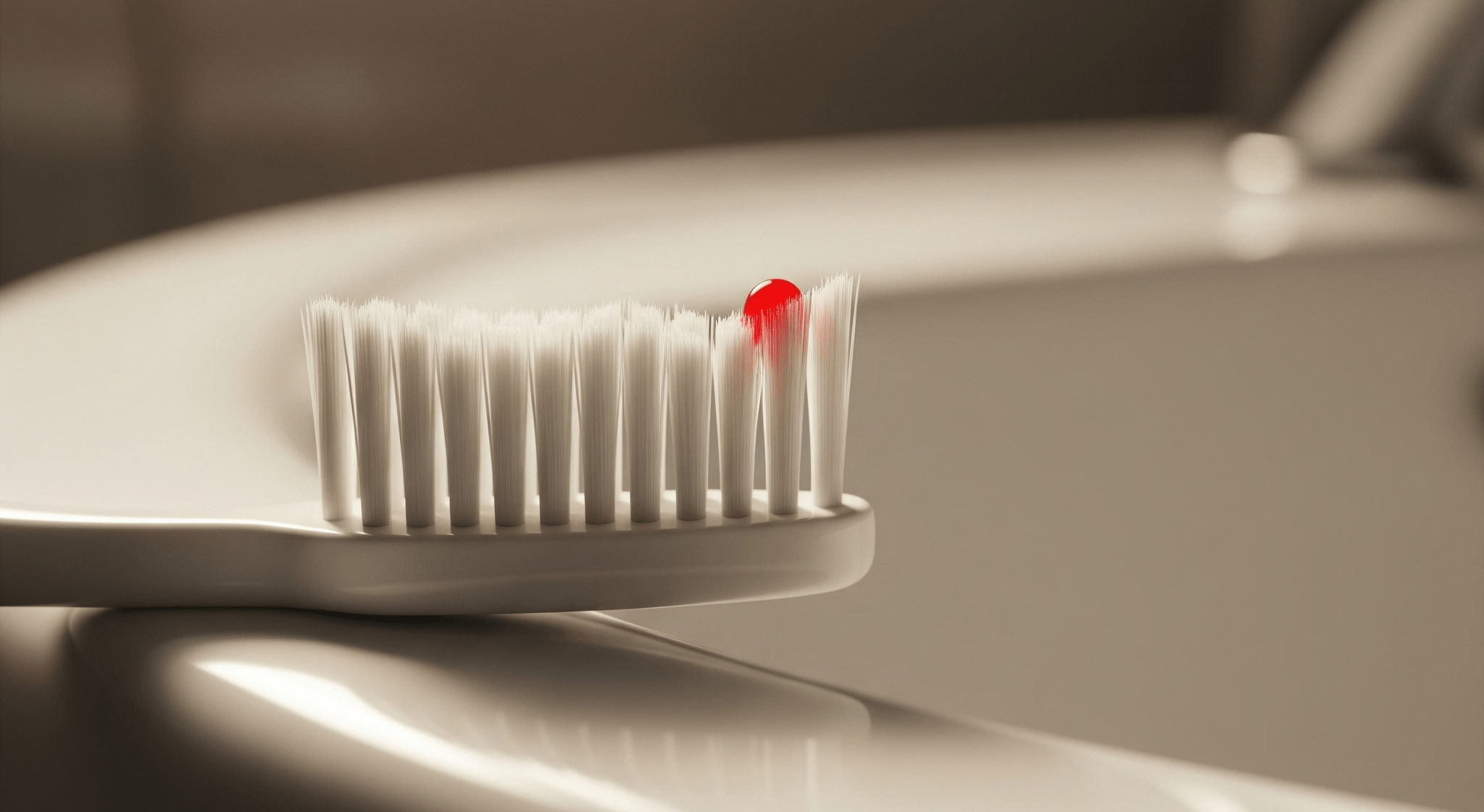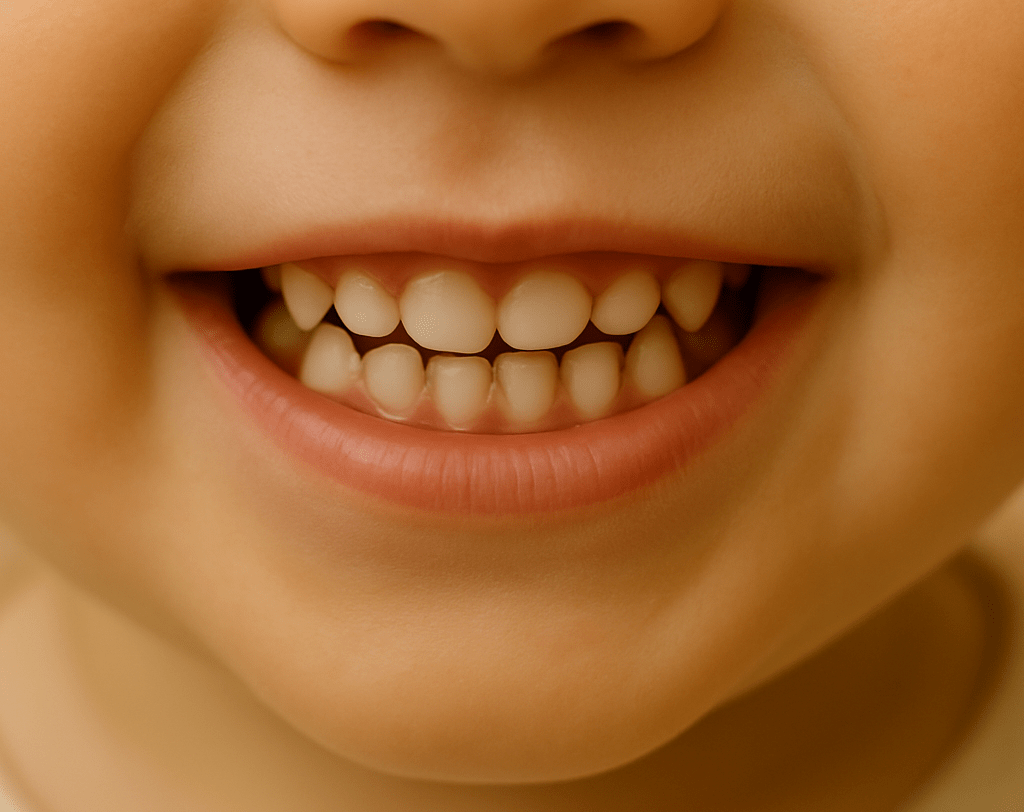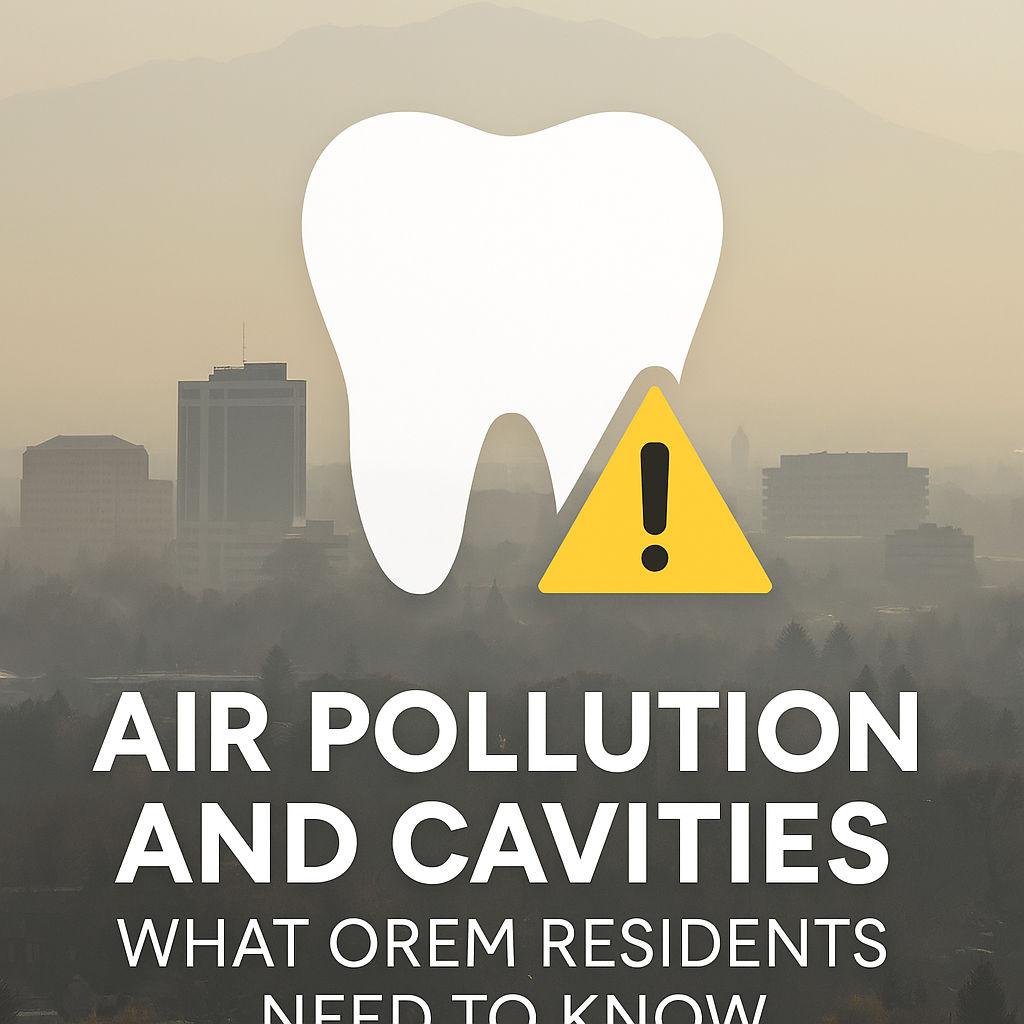Blog Highlights
- In most cases, toothaches are caused by cavities
- A throbbing, incessant pain usually indicates something more serious than a cavity
- No matter what level of tooth pain you experience, it’s important to see your dentist
It’s likely that at some point in your life, you will get a toothache. Toothaches can range from slightly uncomfortable to excruciating. In most cases, toothaches are caused by cavities. However, sometimes toothaches can occur for other less-known and more serious reasons.
Here are some of the most likely reasons for your tooth pain:
Cavities
If you experience sharp pain while eating or drinking hot or cold foods, it’s quite likely that you have a cavity. If you suspect you have a cavity, make an appointment to see your dentist as soon as possible. Filling a cavity sooner rather than later can save you a lot of pain and money down the road.
Receding Gums and Eroded Enamel
Sharp pain when eating or drinking that is affected by temperature may also indicate that your gums are receding or your enamel is eroding. In order to relieve your pain, you may consider using a toothpaste specially designed for sensitive teeth. It’s also imperative to speak with your dentist. Both of these issues can quickly develop into a more serious conditions.
Cracked Tooth
If you feel stabbing pain when biting down into your food, its possible that you have a cracked tooth. Cracked teeth can happen for a number of reasons and should be examined by your dentist. They will determine the best course of action.
Abscessed or Infected Tooth
A throbbing, incessant pain usually indicates something more serious than a cavity. Typically this type of pain suggests an infection or an abscessed tooth. This is a serious condition that usually requires immediate attention and medication.
Sinus Infection
If you start to feel pain in your upper teeth on both sides of your head, you may be suffering from a sinus infection. Sinus infections often cause pain or a feeling of heaviness in your upper teeth. If you have a sinus infection or sinusitis, you will also experience nasal congestion, postnasal drip, and some tenderness around your sinuses. You should make an appointment with your regular doctor for a proper diagnosis and likely for sinus infection treatment.
TMJ (Temporomandibular Disorder)
General pain in your jaw and especially near your ears, is often caused by a jaw issue. If you’ve sustained an injury or trauma to your jaw, this may result in general jaw pain. Grinding your teeth and arthritis can also cause jaw pain. Fortunately, there are ways to help relieve this pain and often you can correct issues such as teeth grinding with mouth guards.
Wisdom Teeth
Sometimes the culprit of tooth pain is impacted wisdom teeth. When your wisdom teeth don’t come in properly, they can press on the teeth around them, causing discomfort and pain in your jaw. If your problem is wisdom teeth, your dentist will most likely recommend removal of the teeth.
No matter what level of tooth pain you experience, it’s important to see your dentist. They can help determine the exact cause of your discomfort and help you find the best method of treatment.





